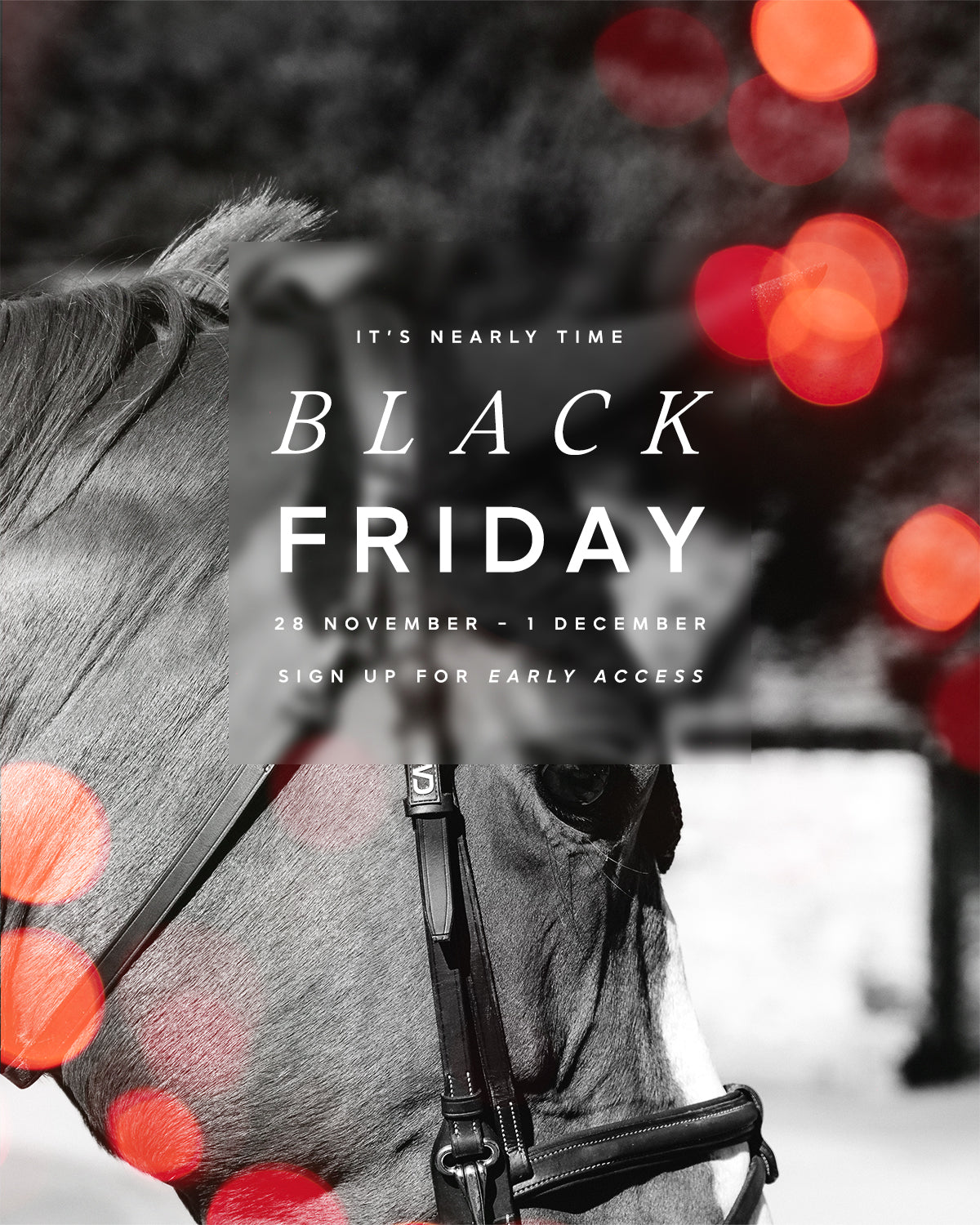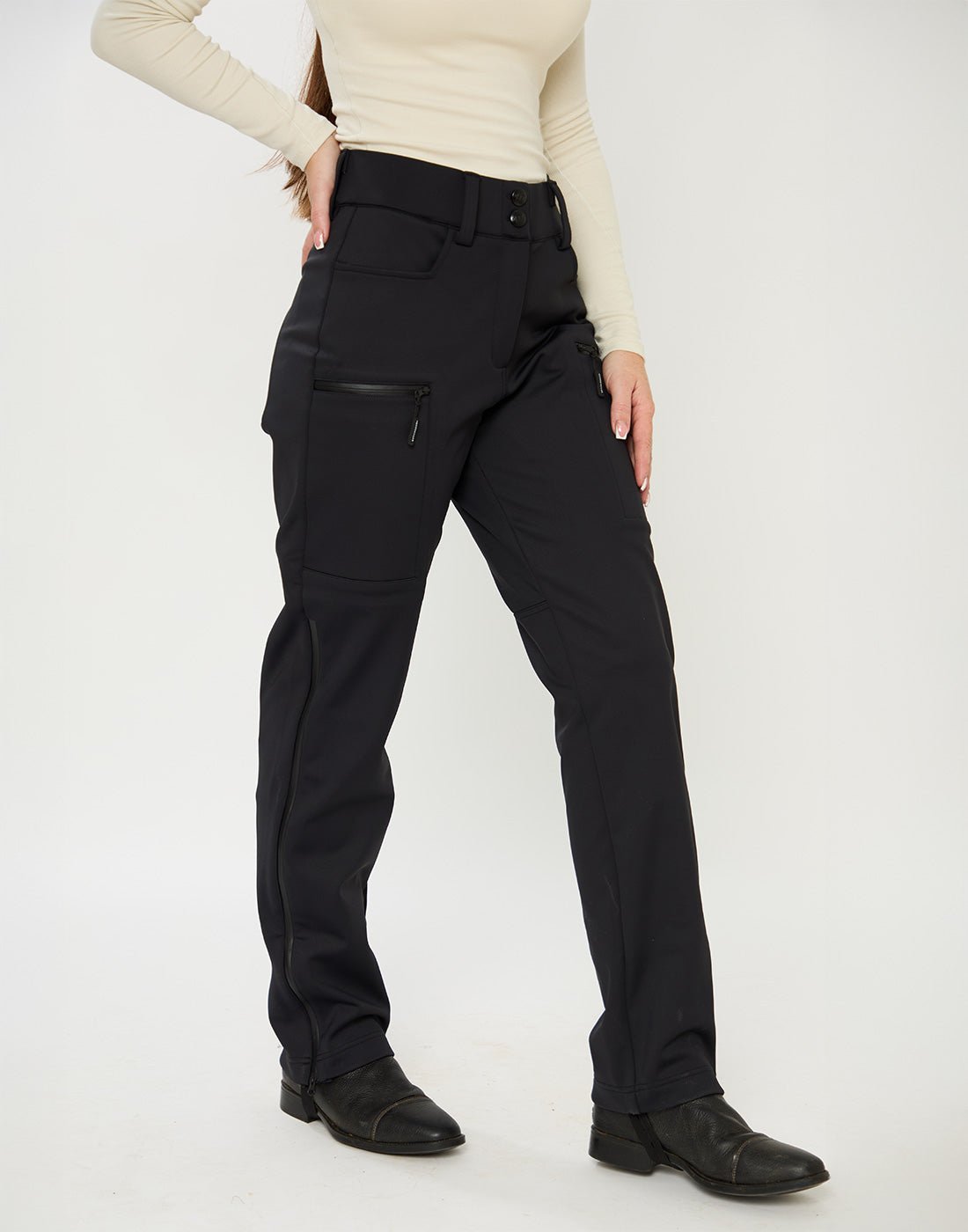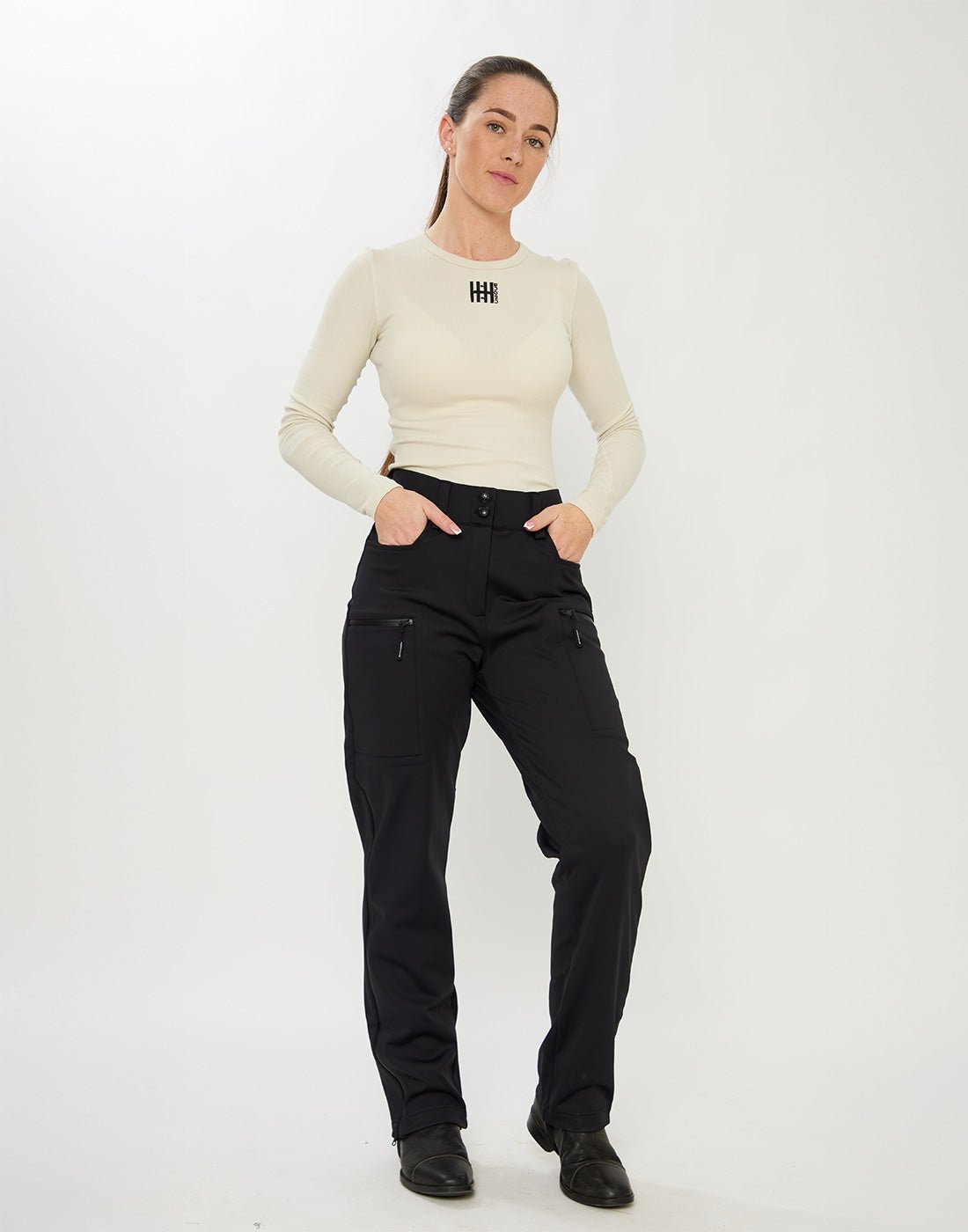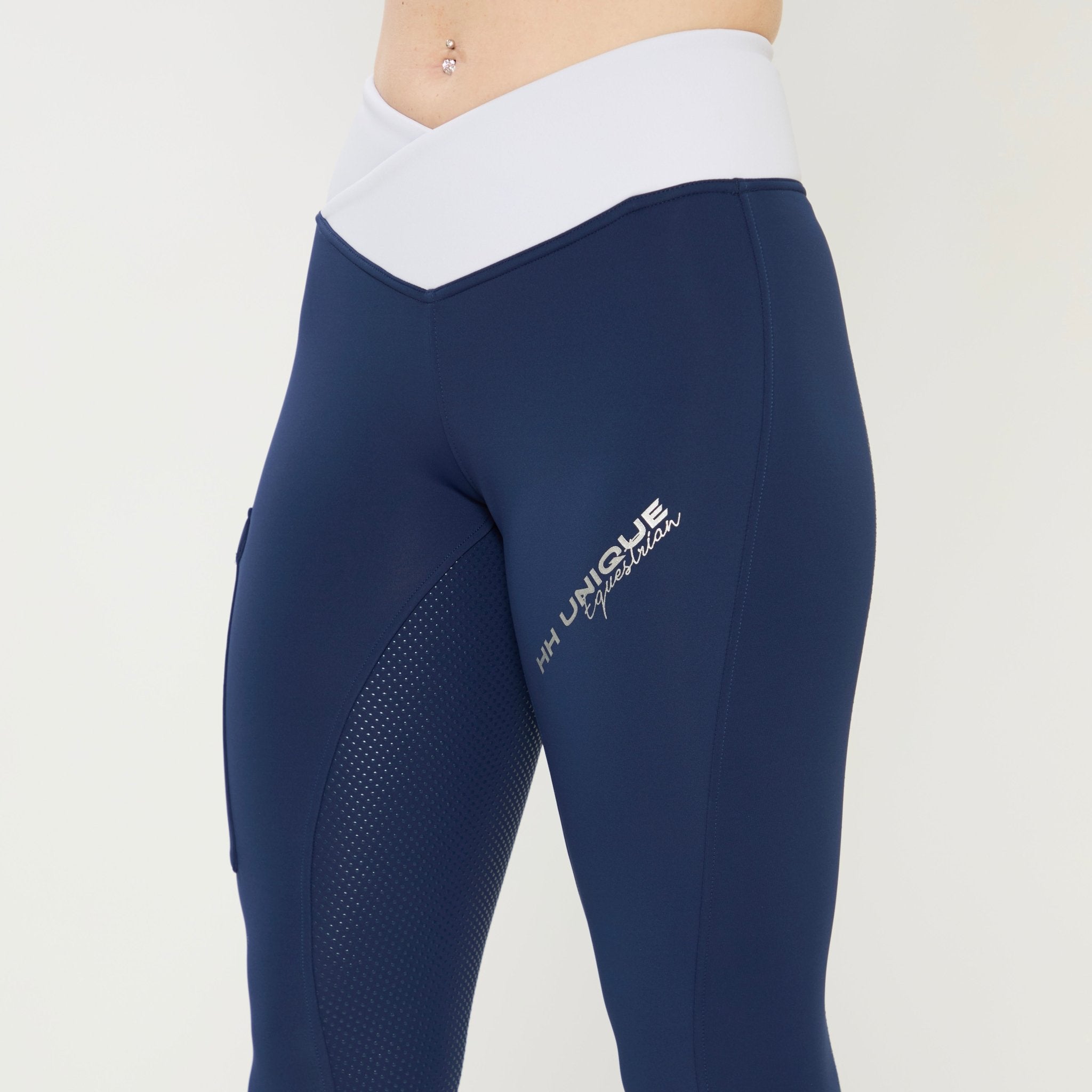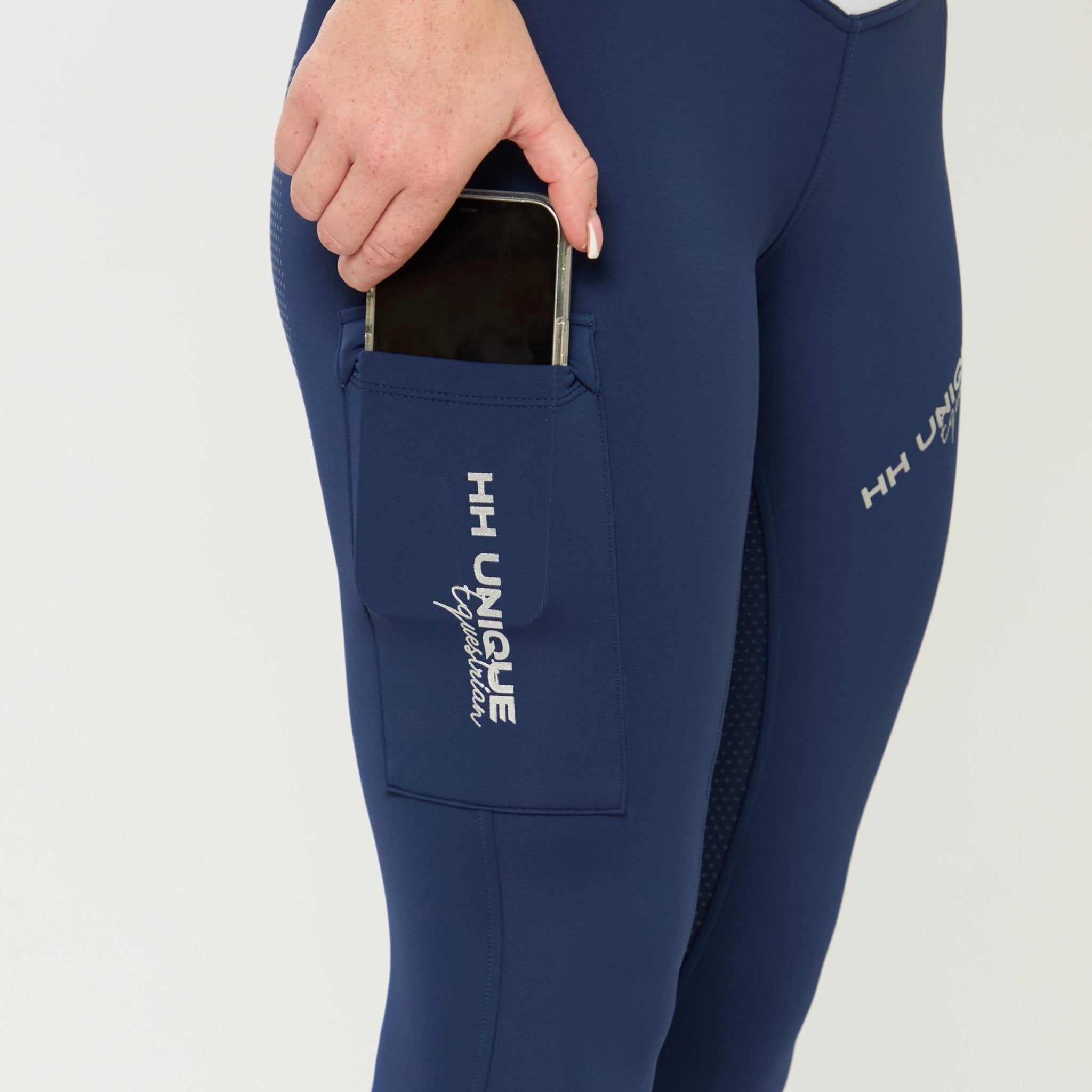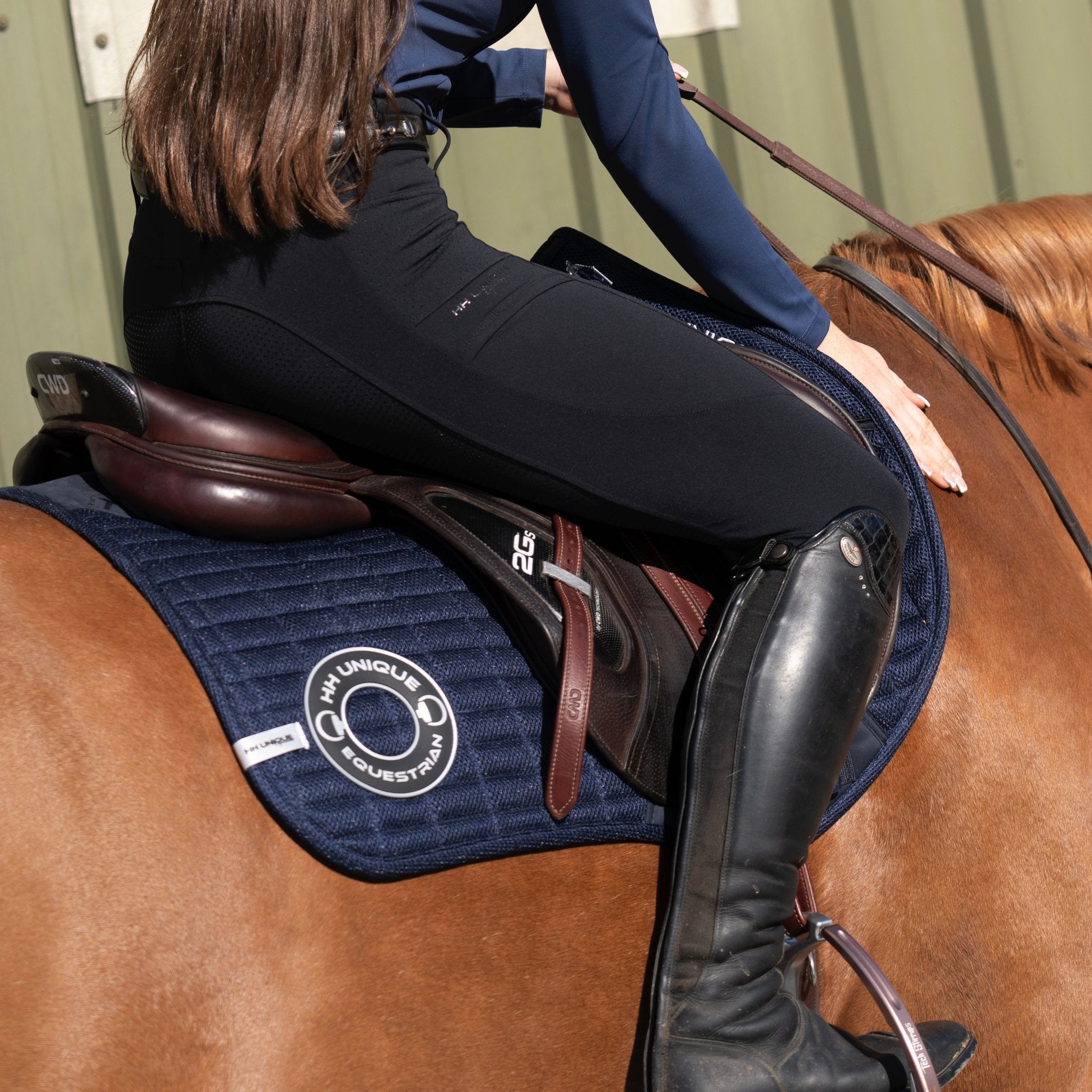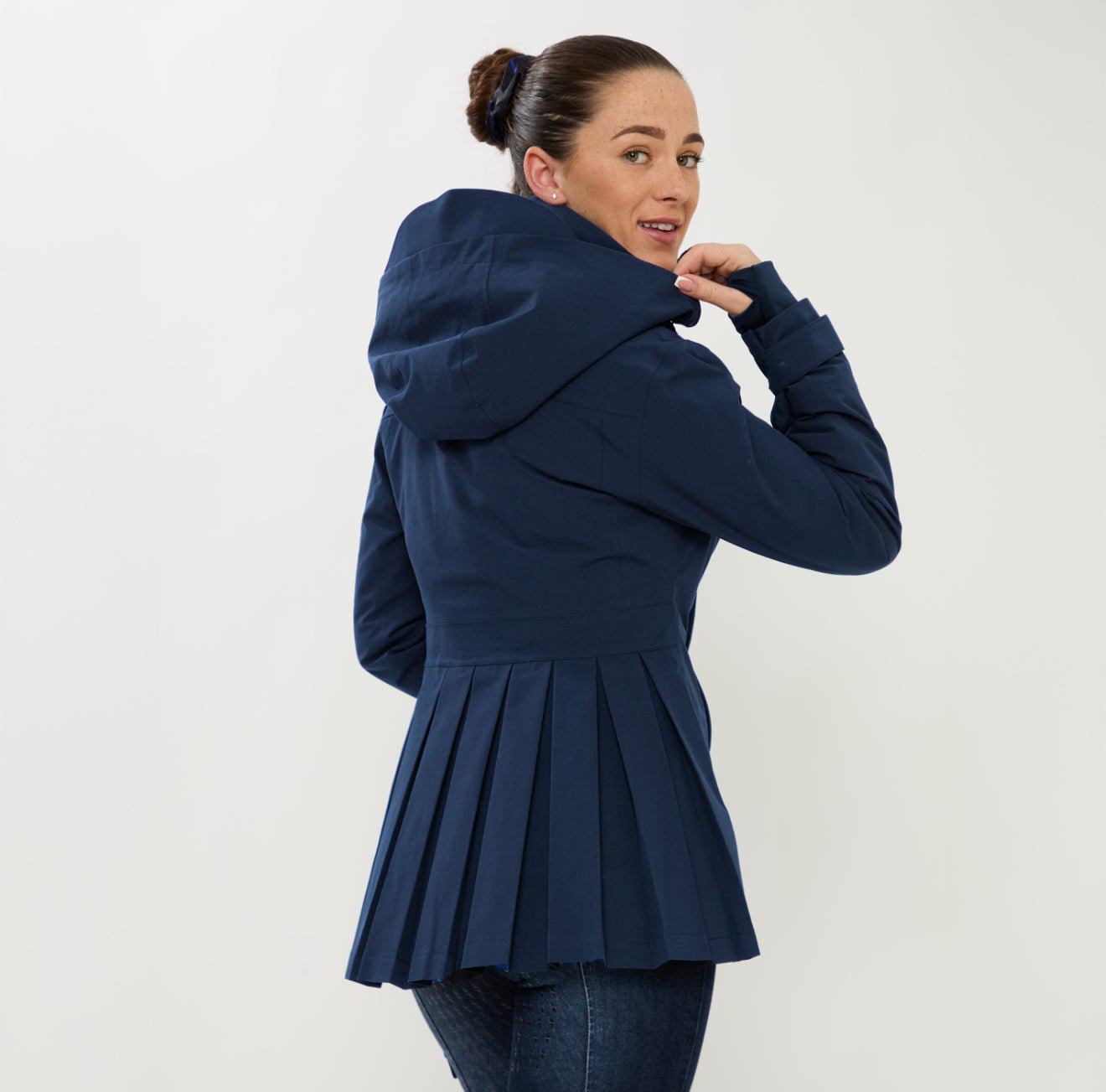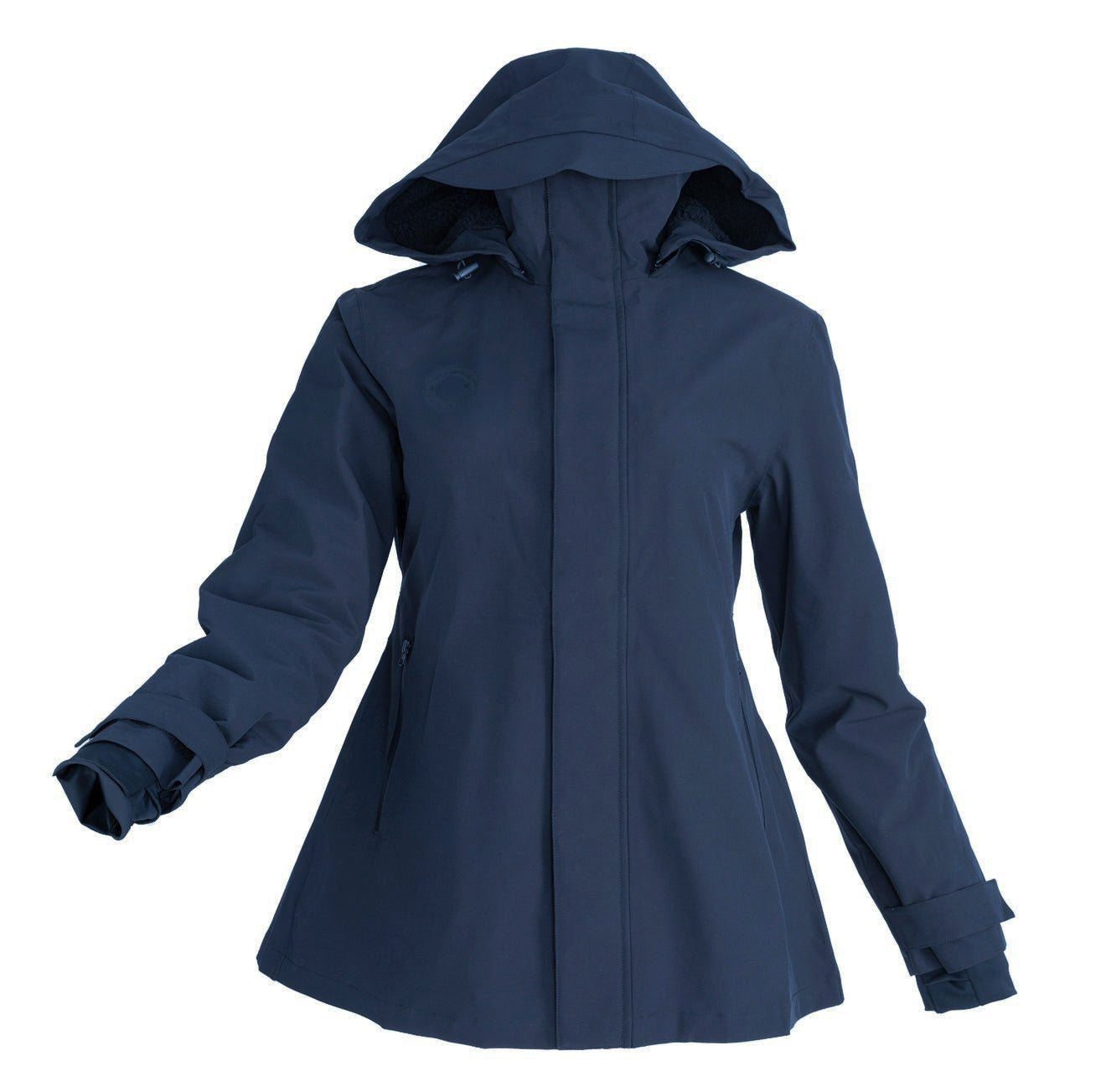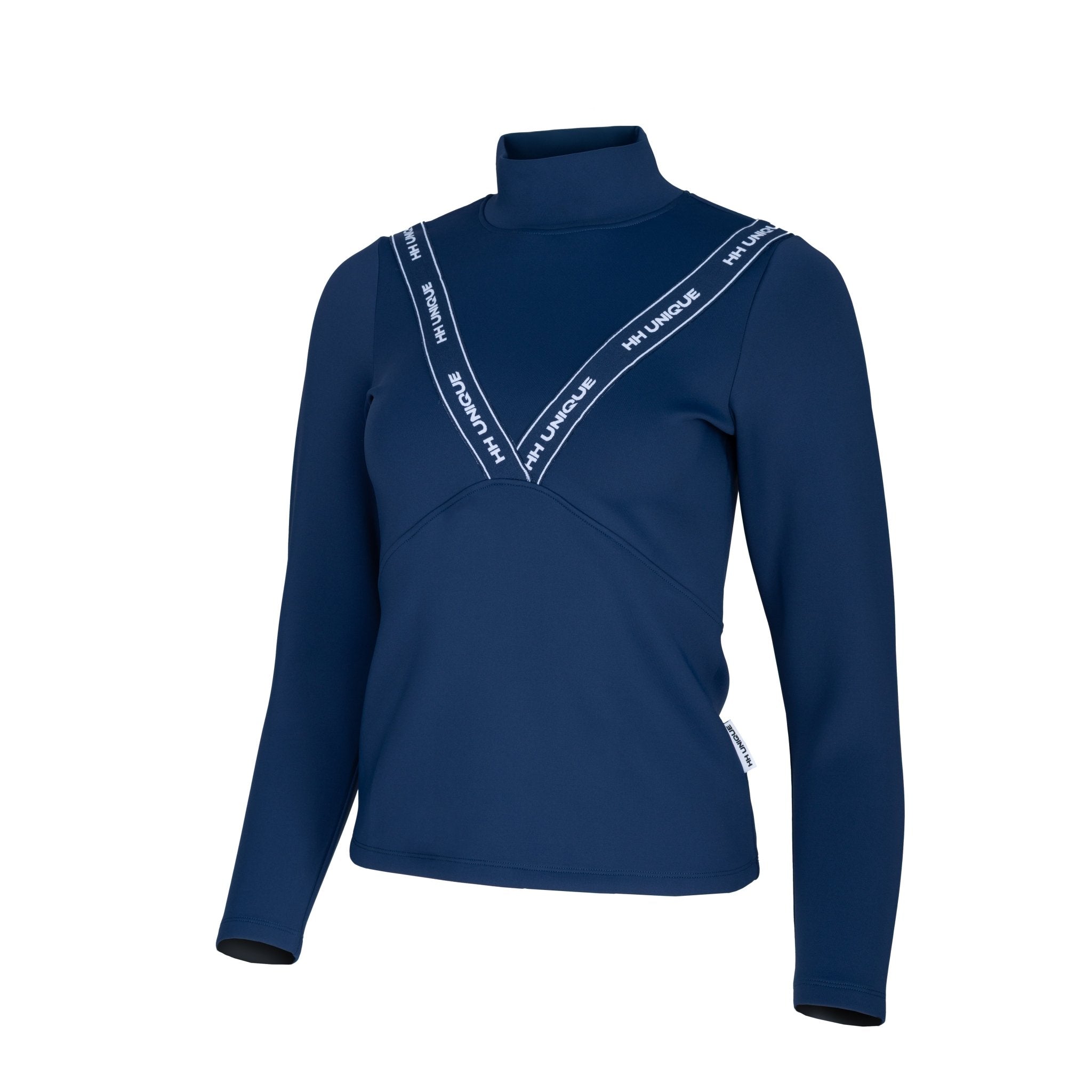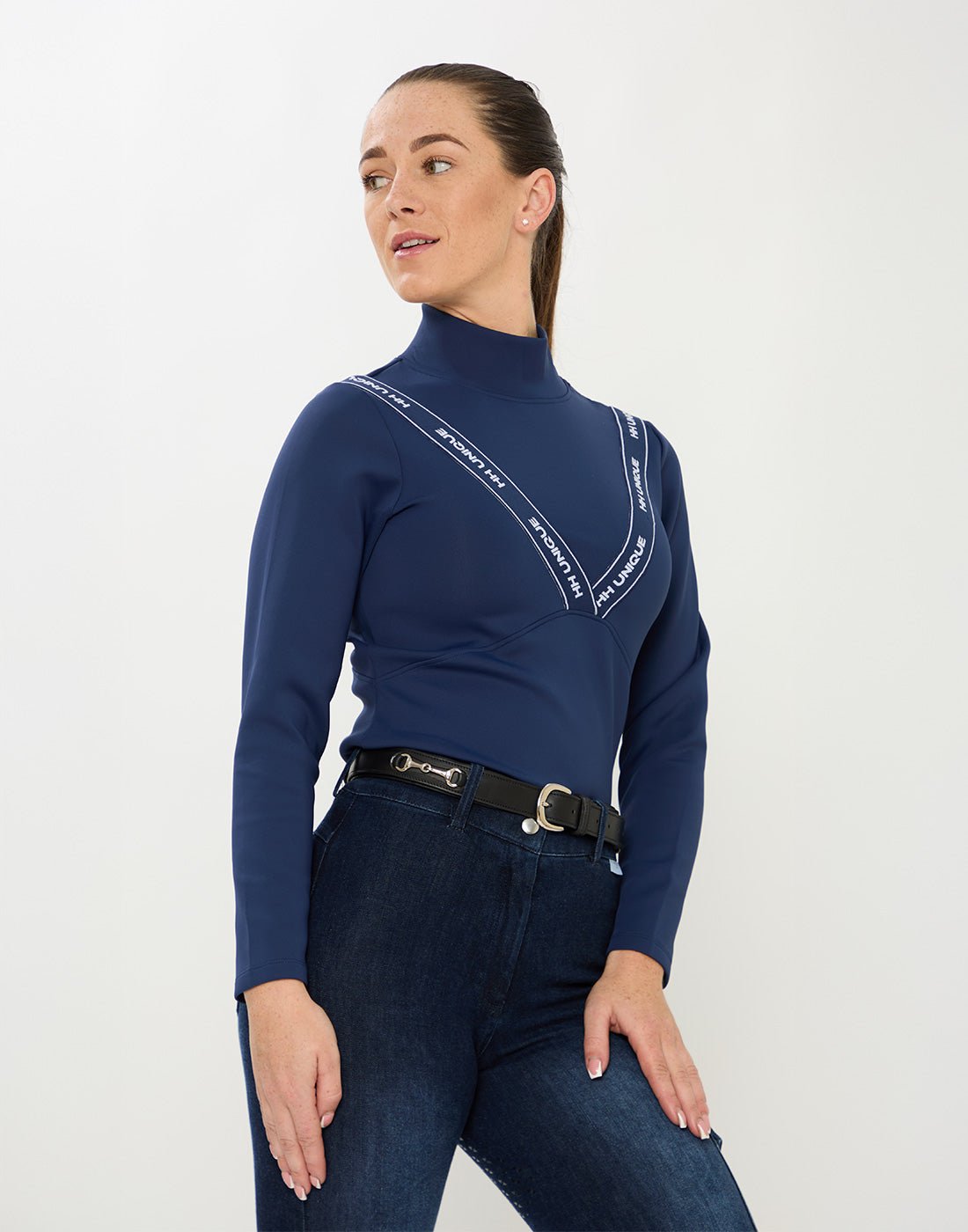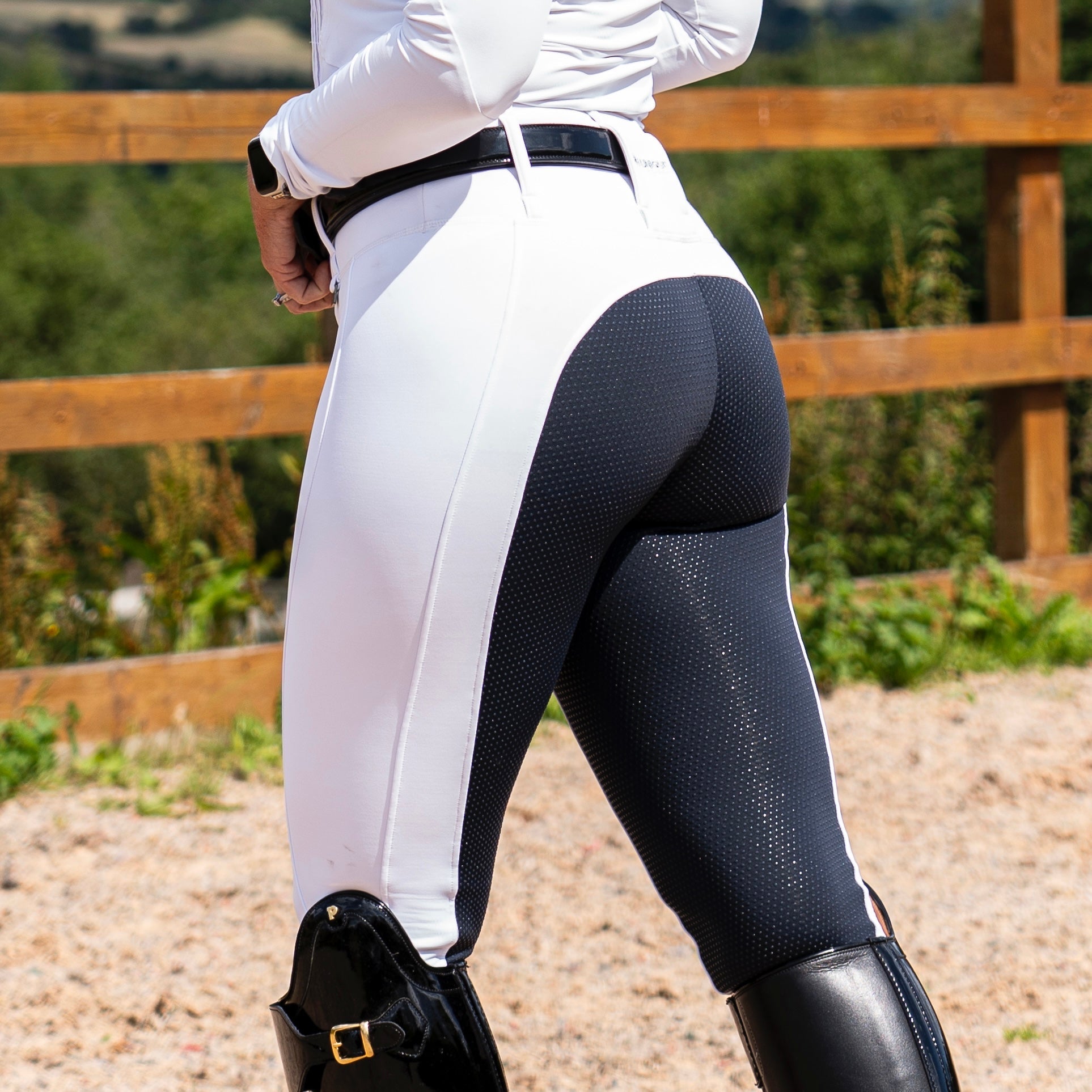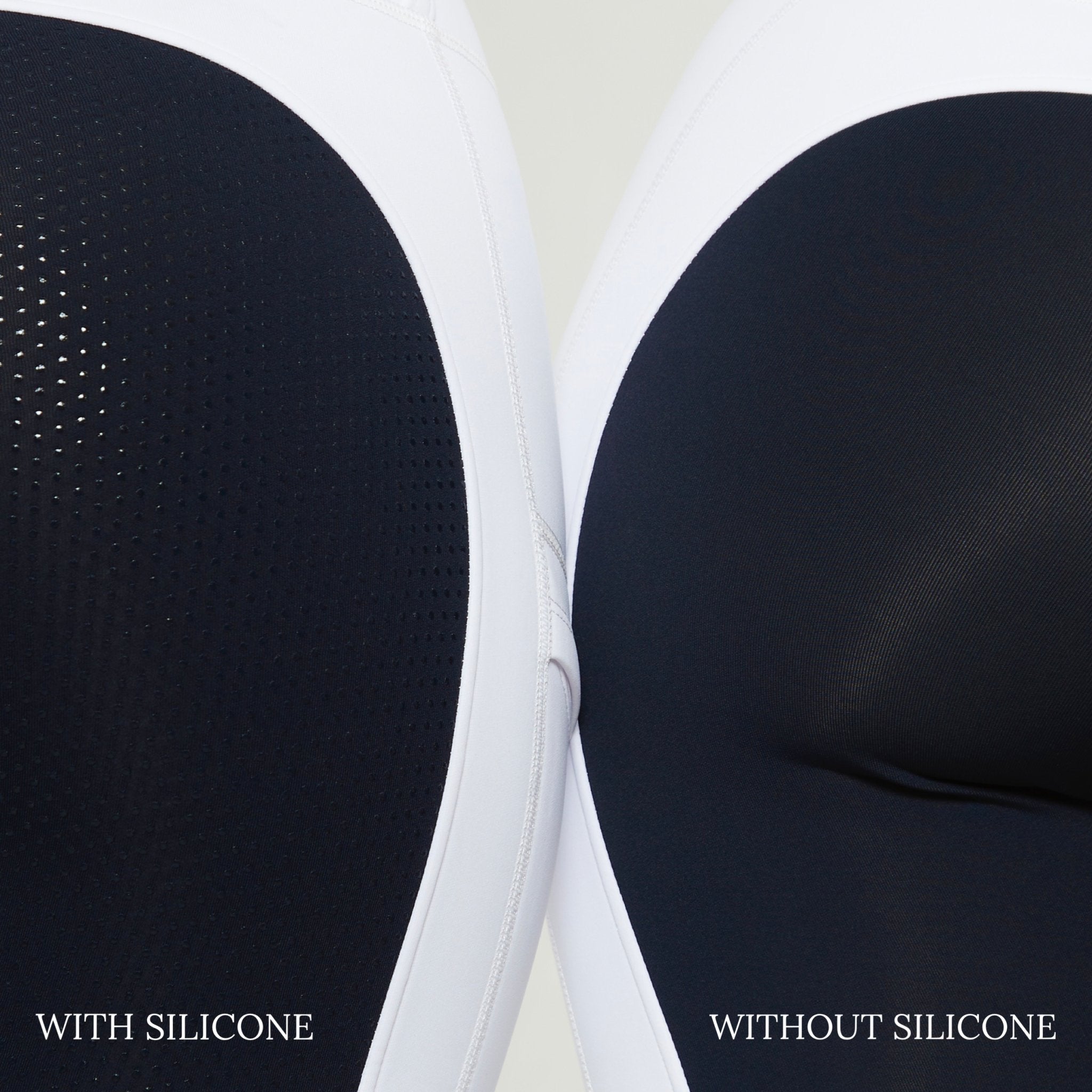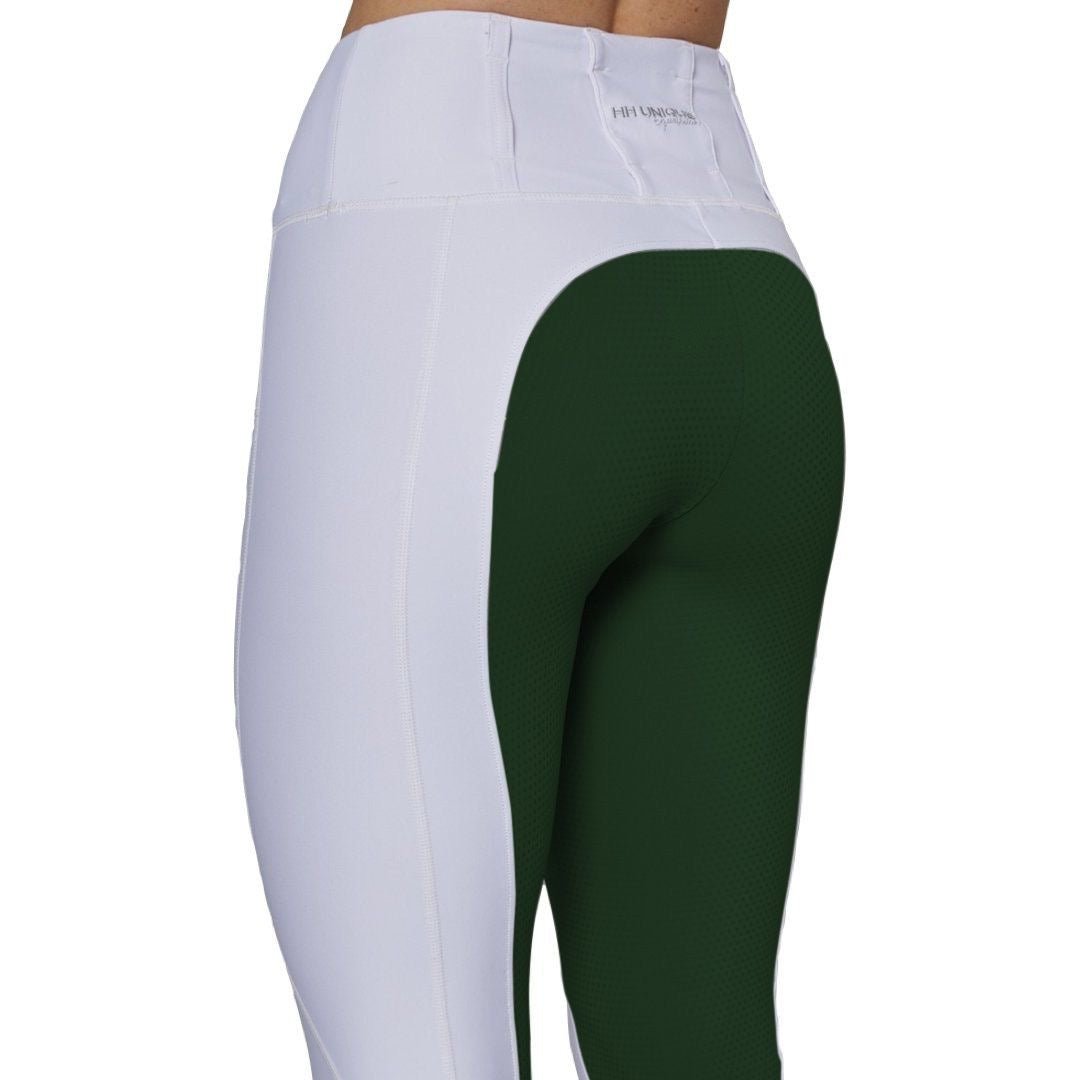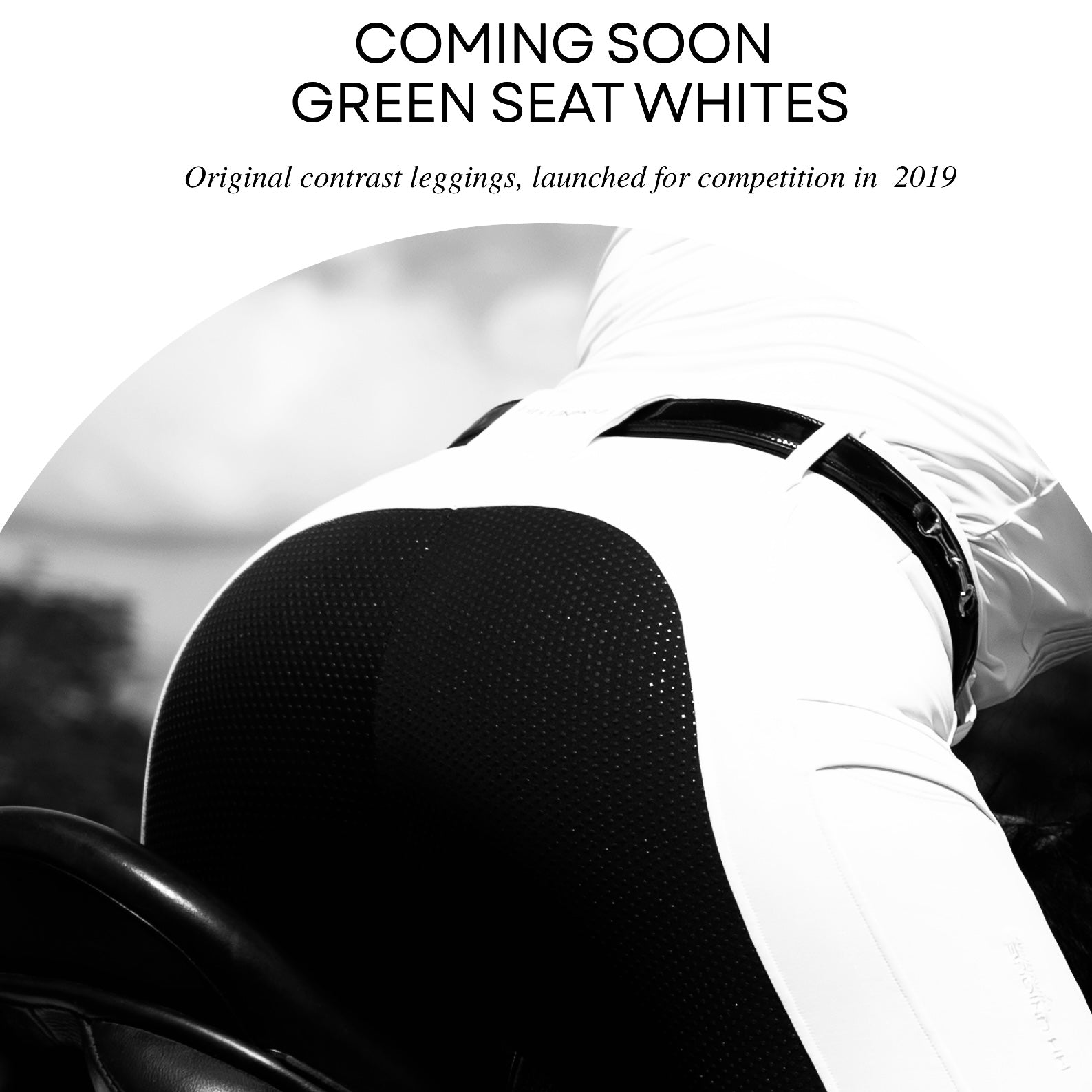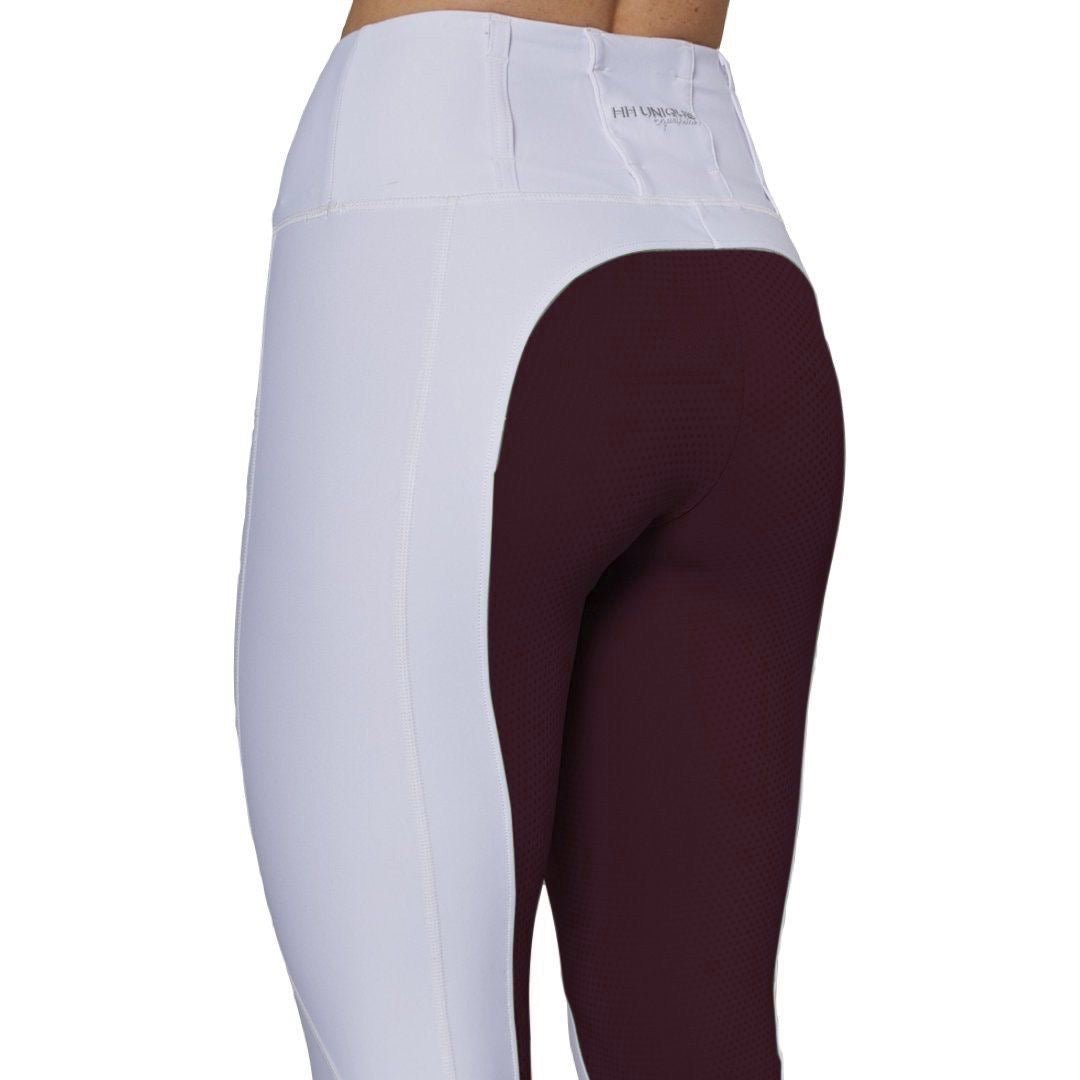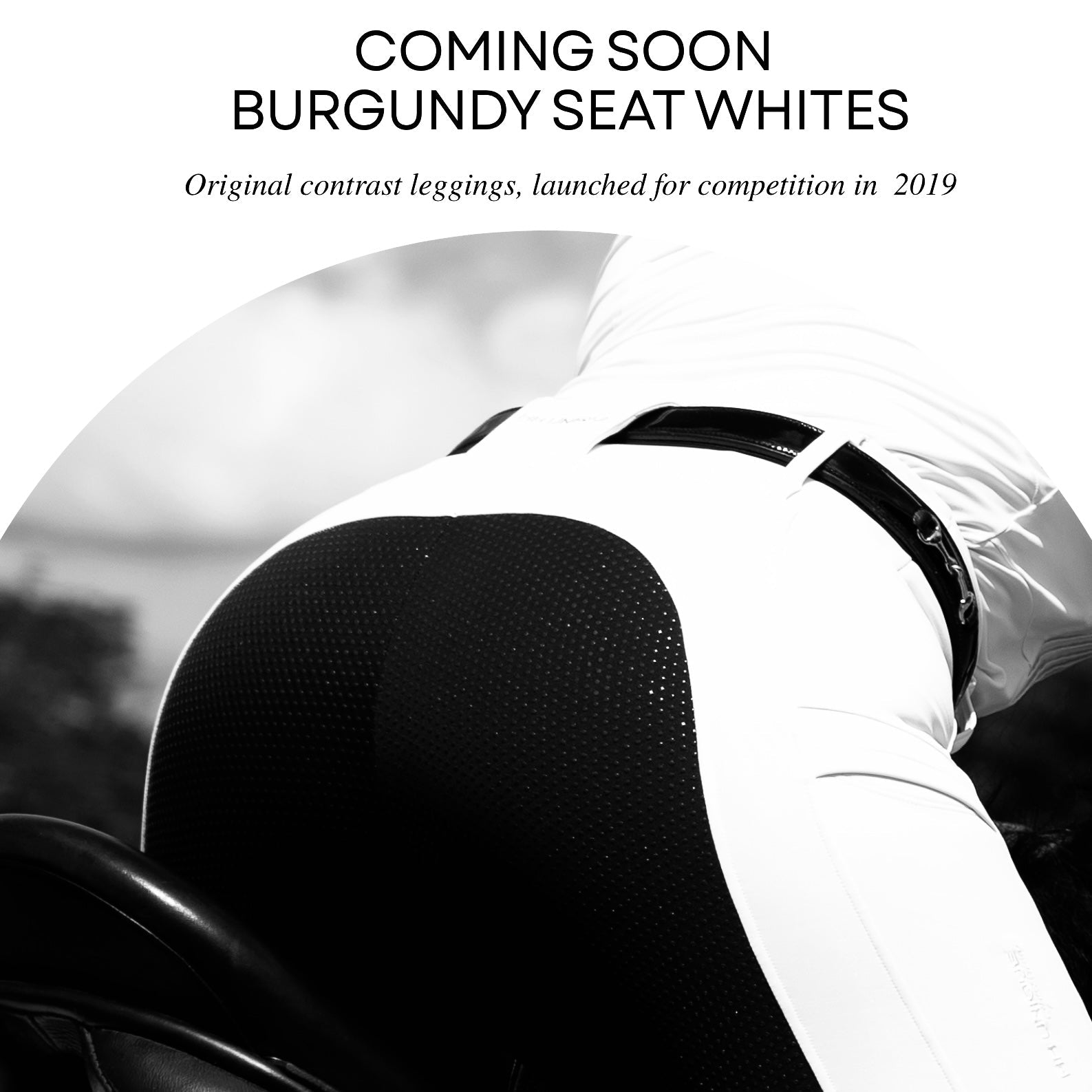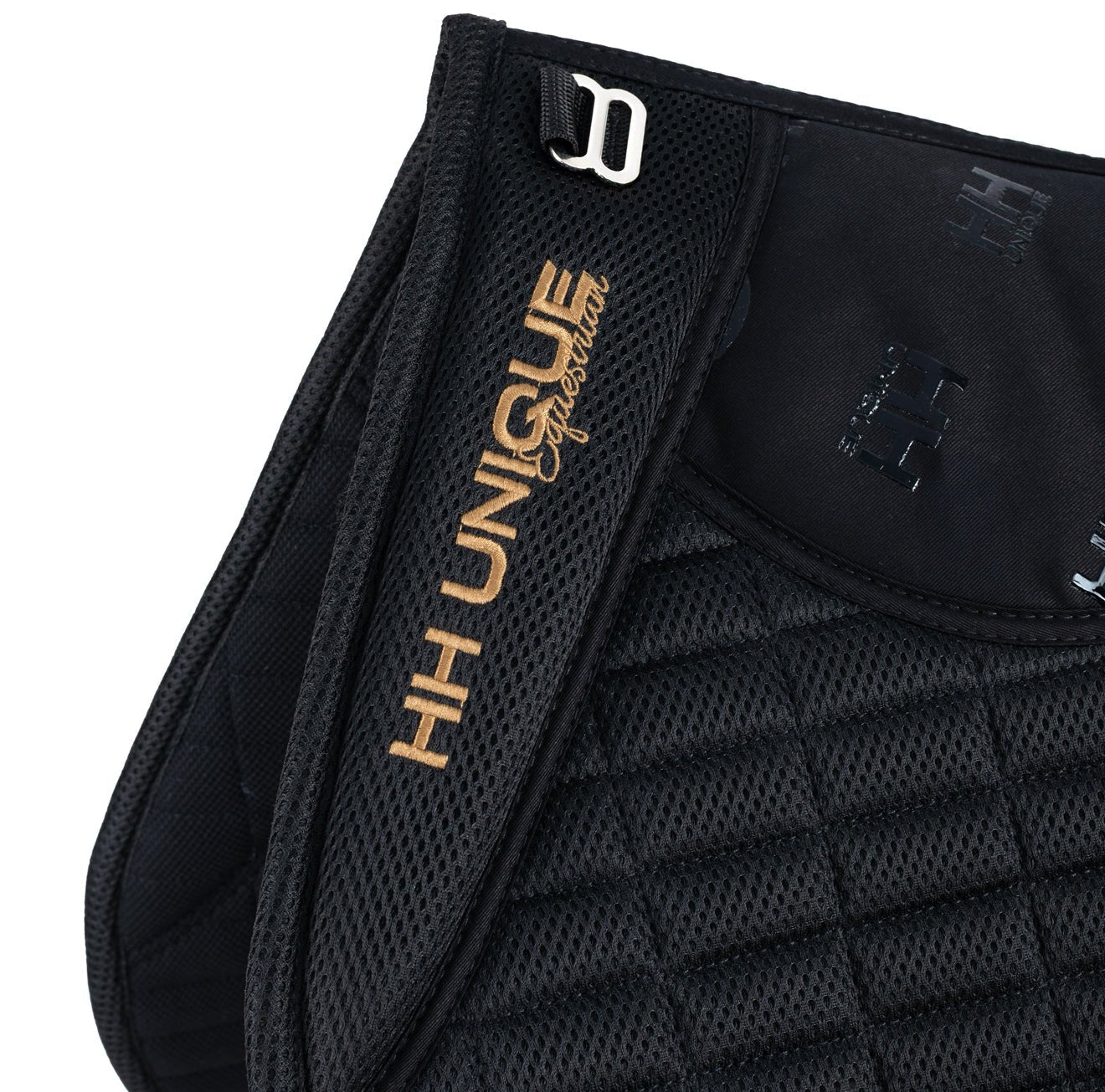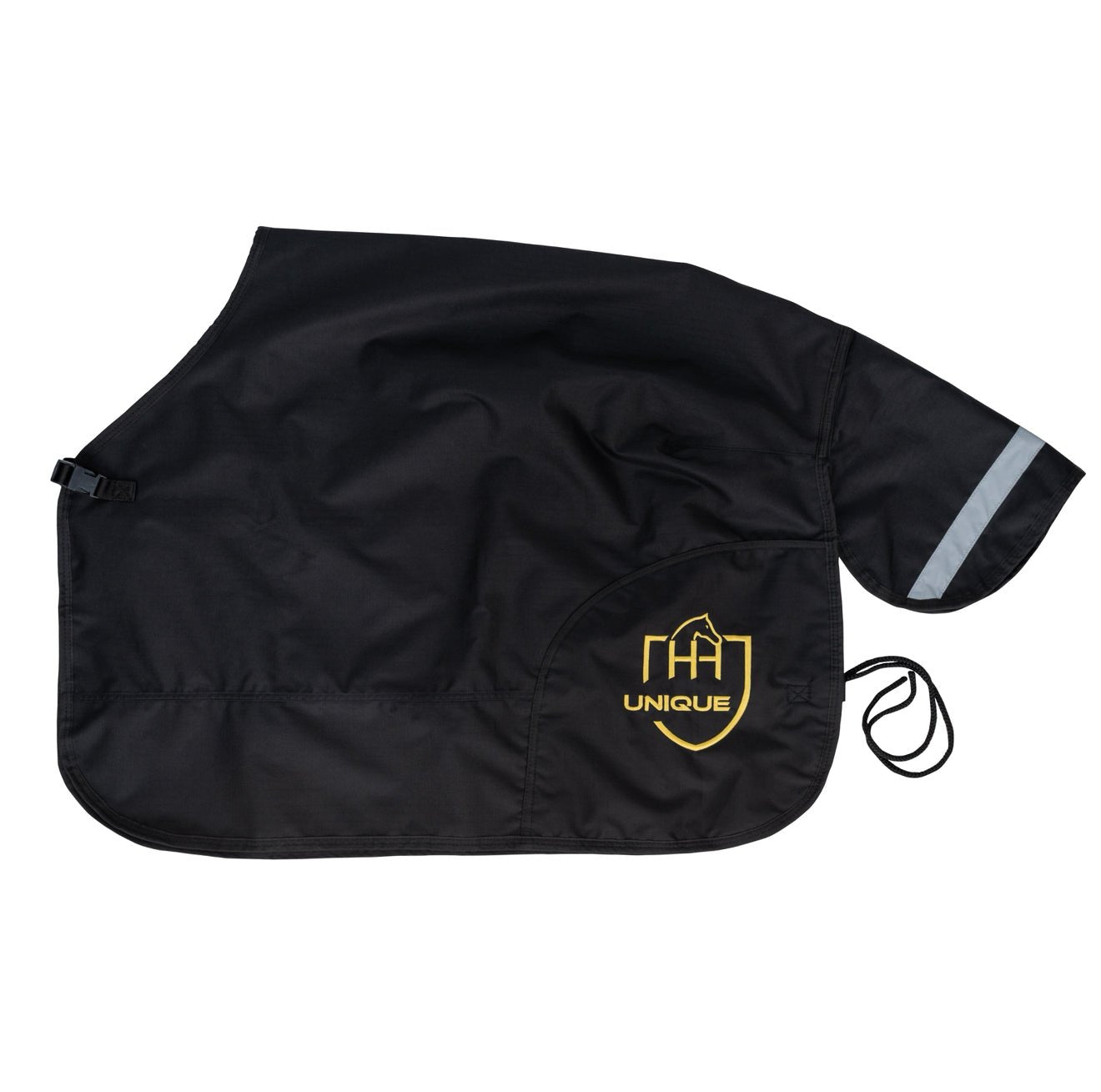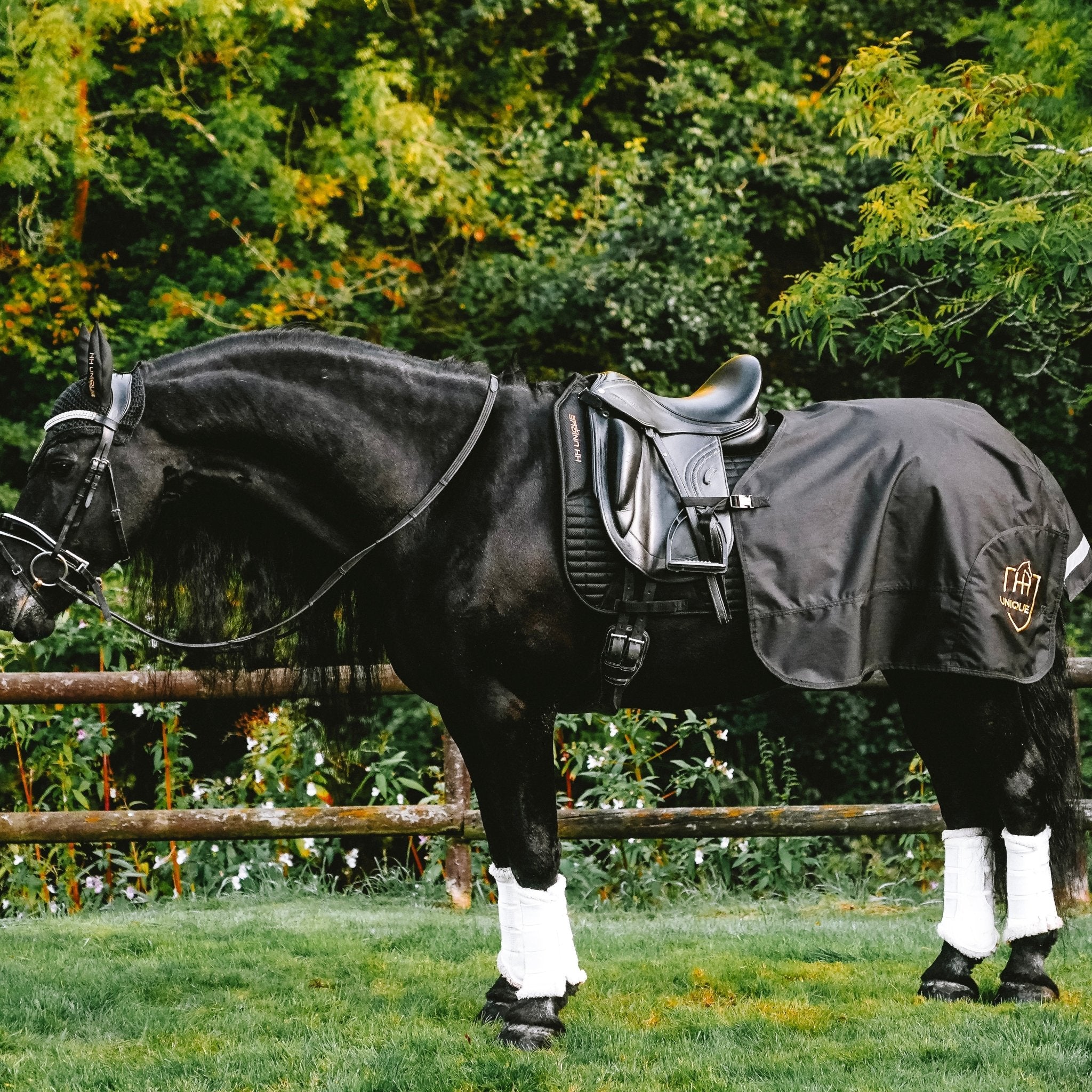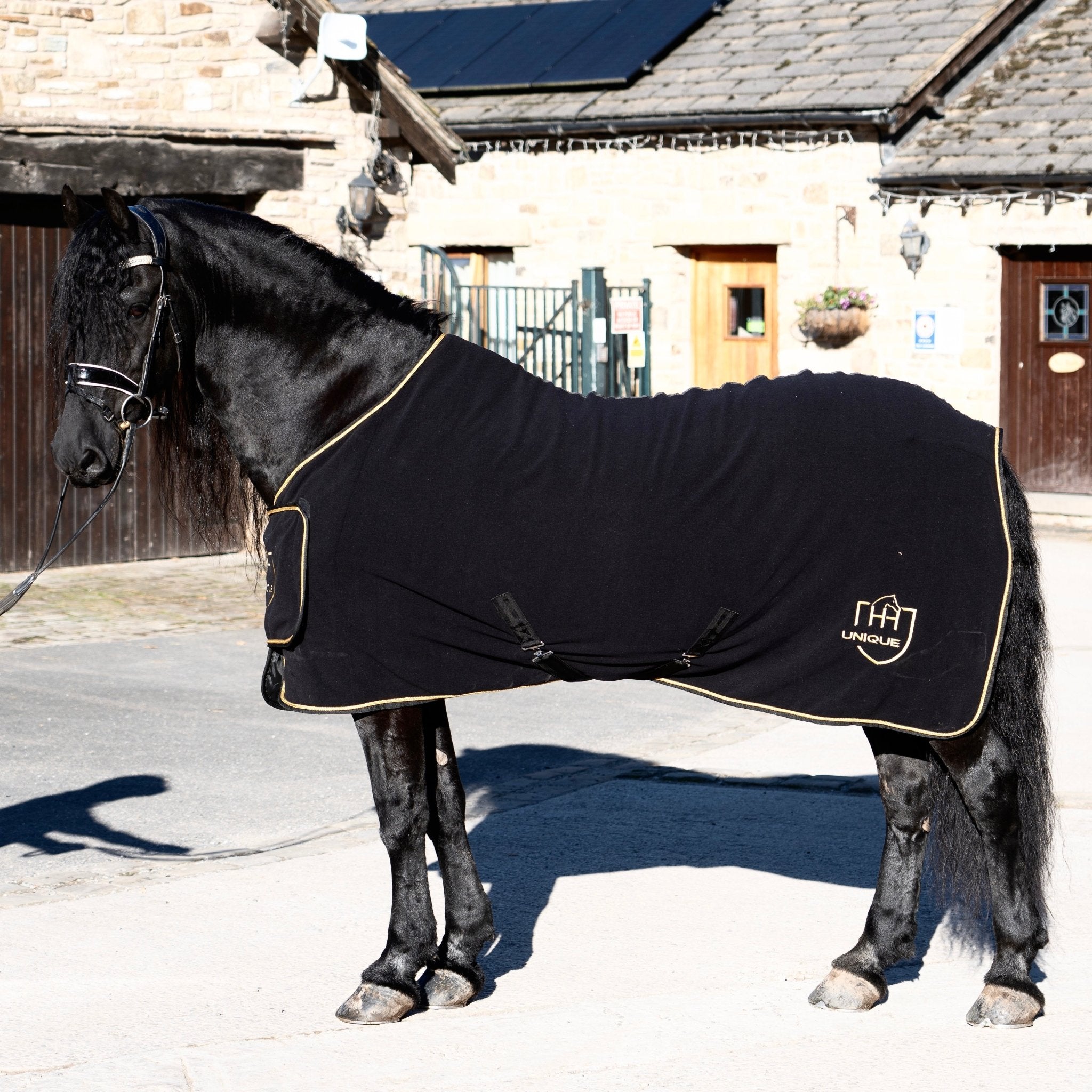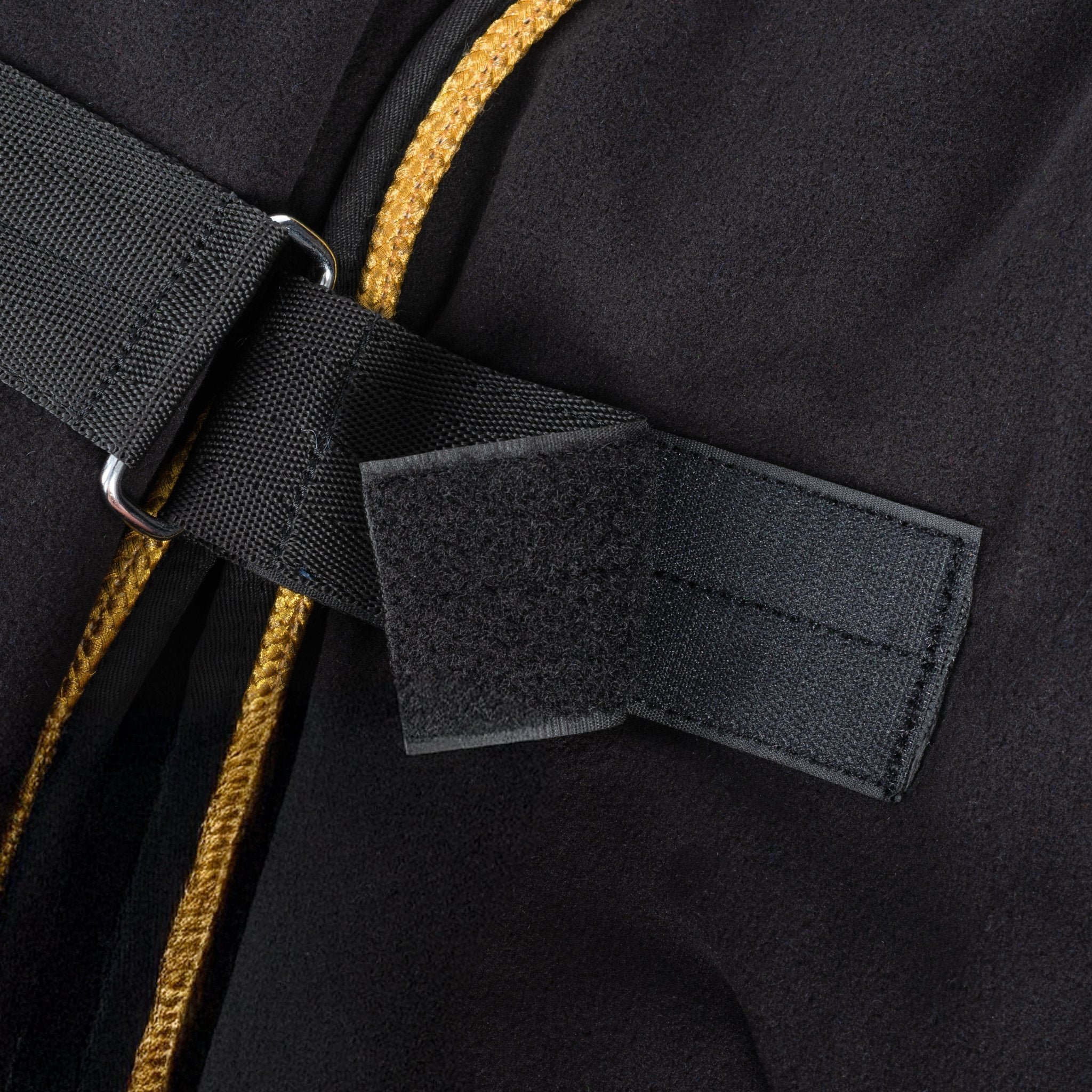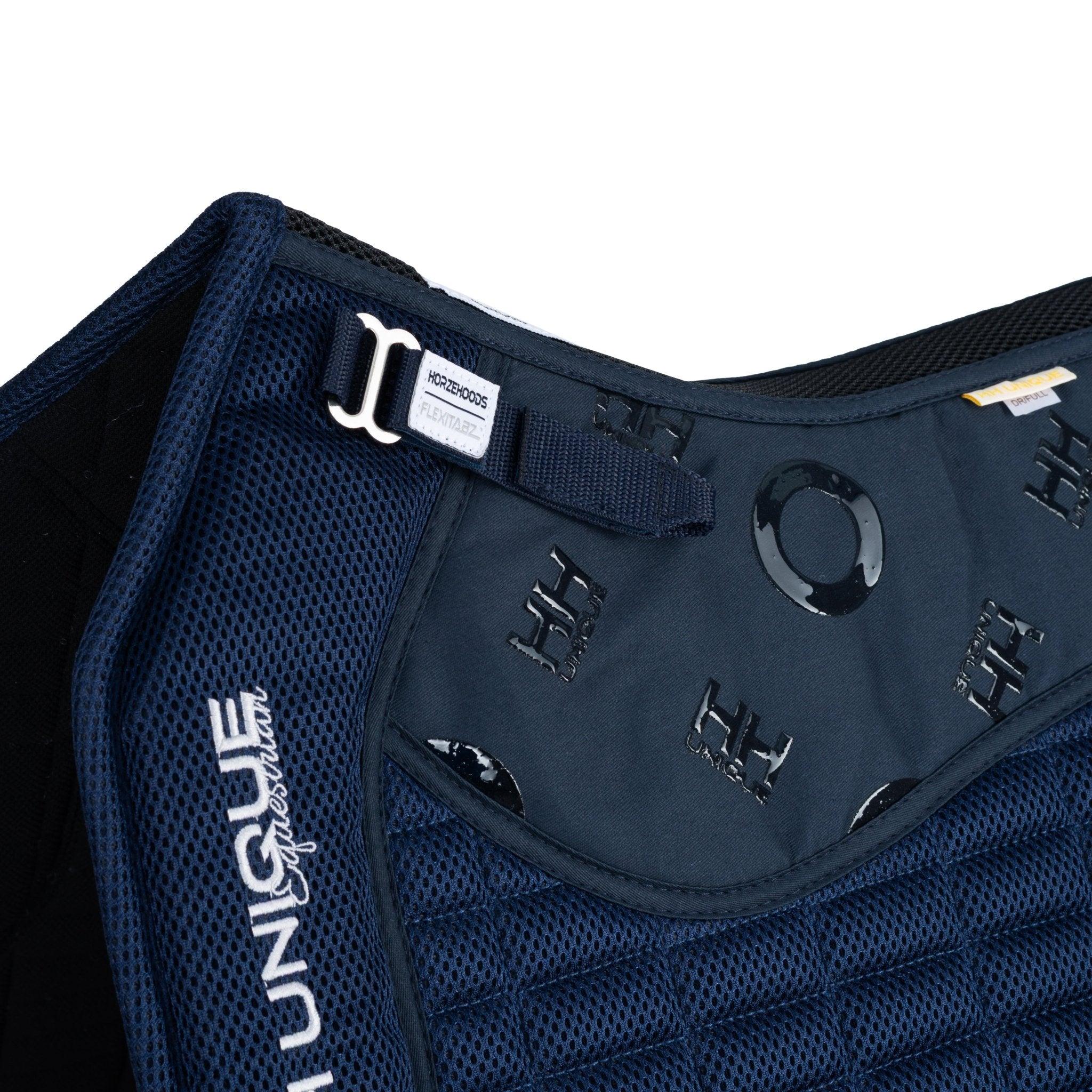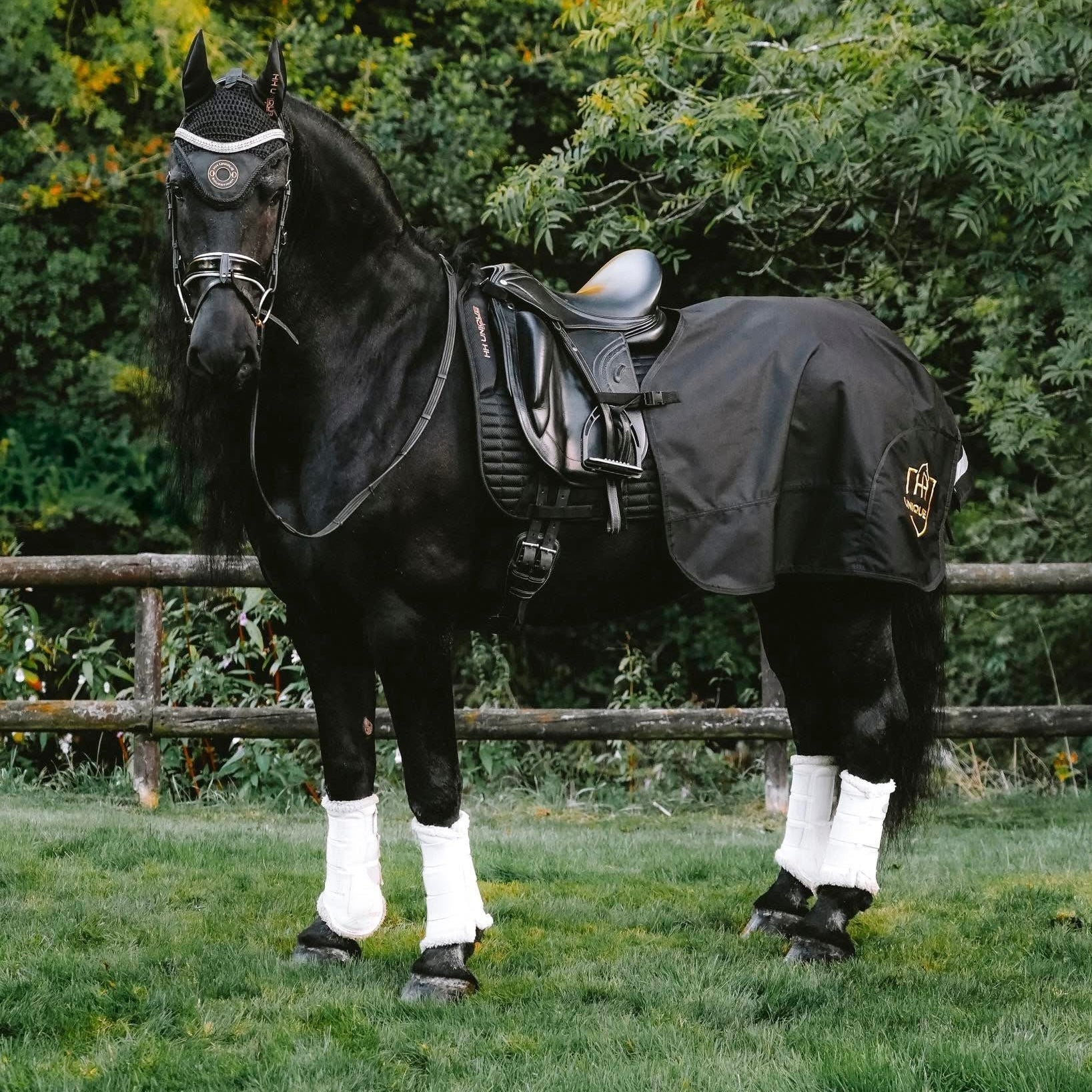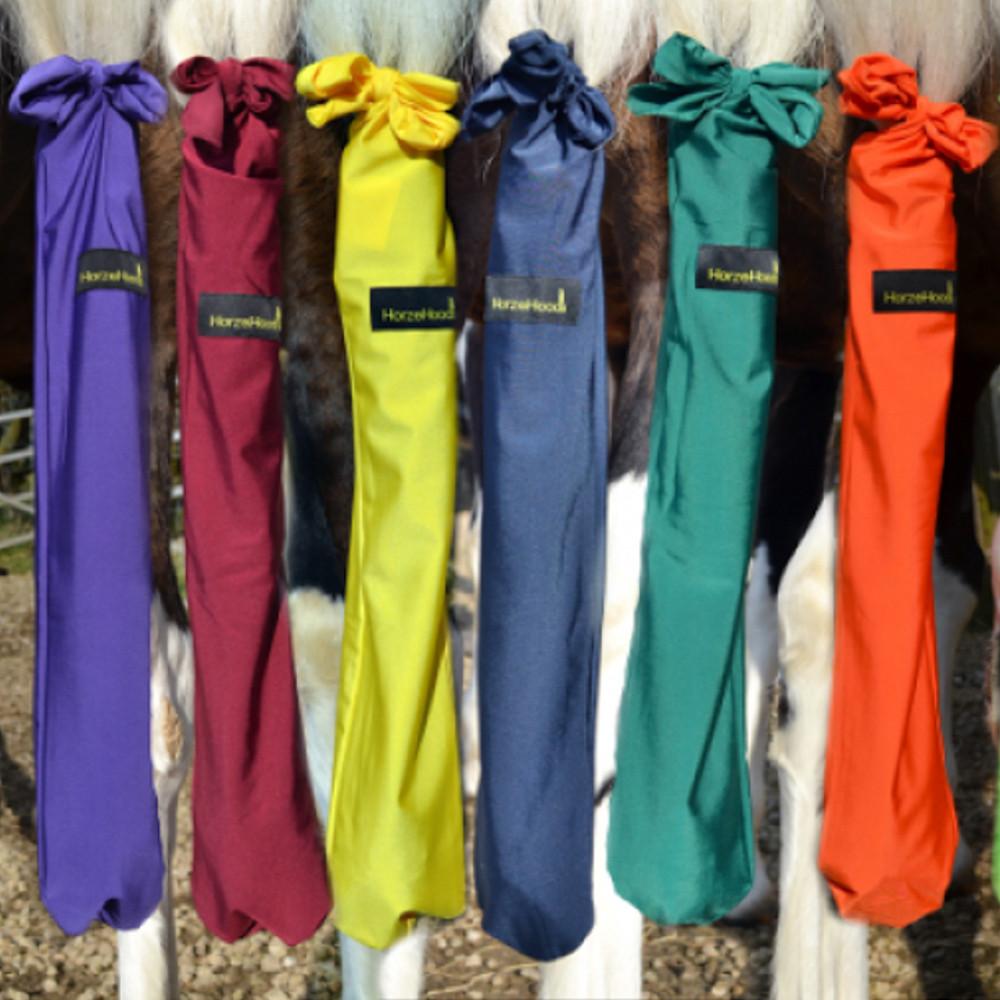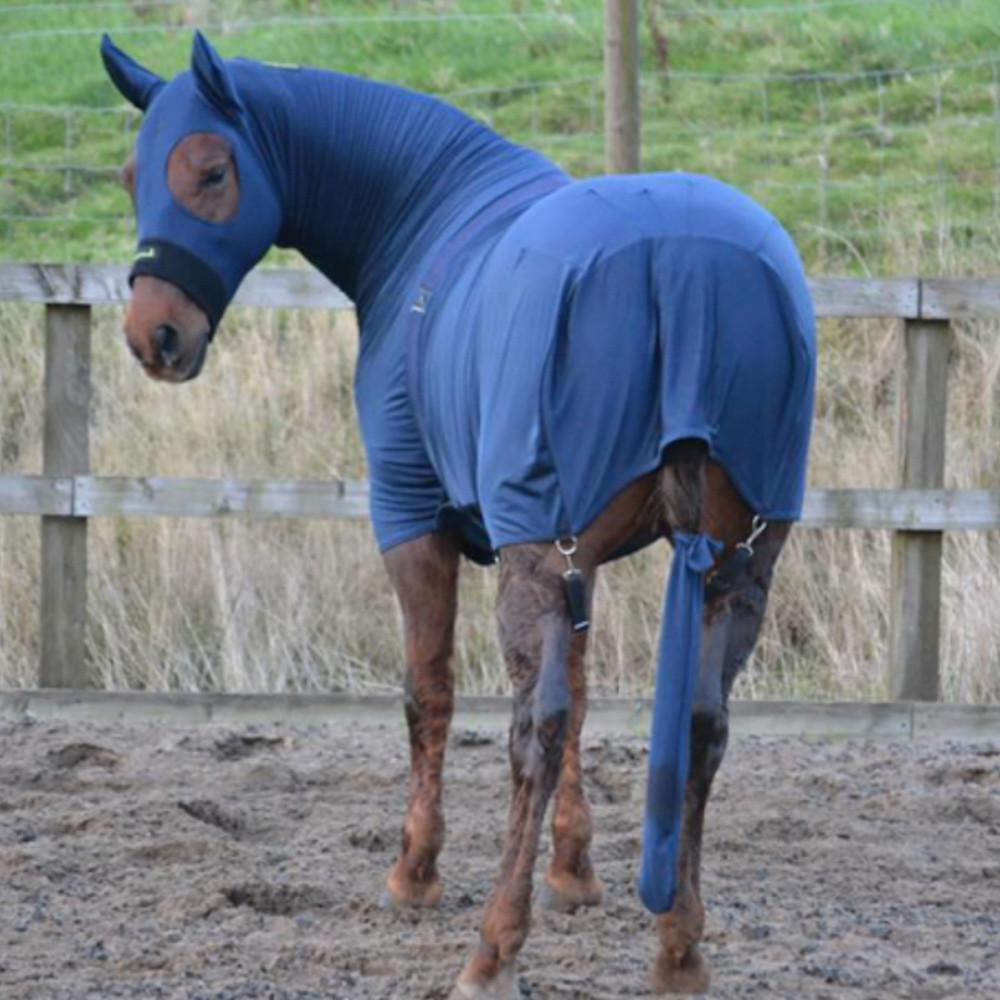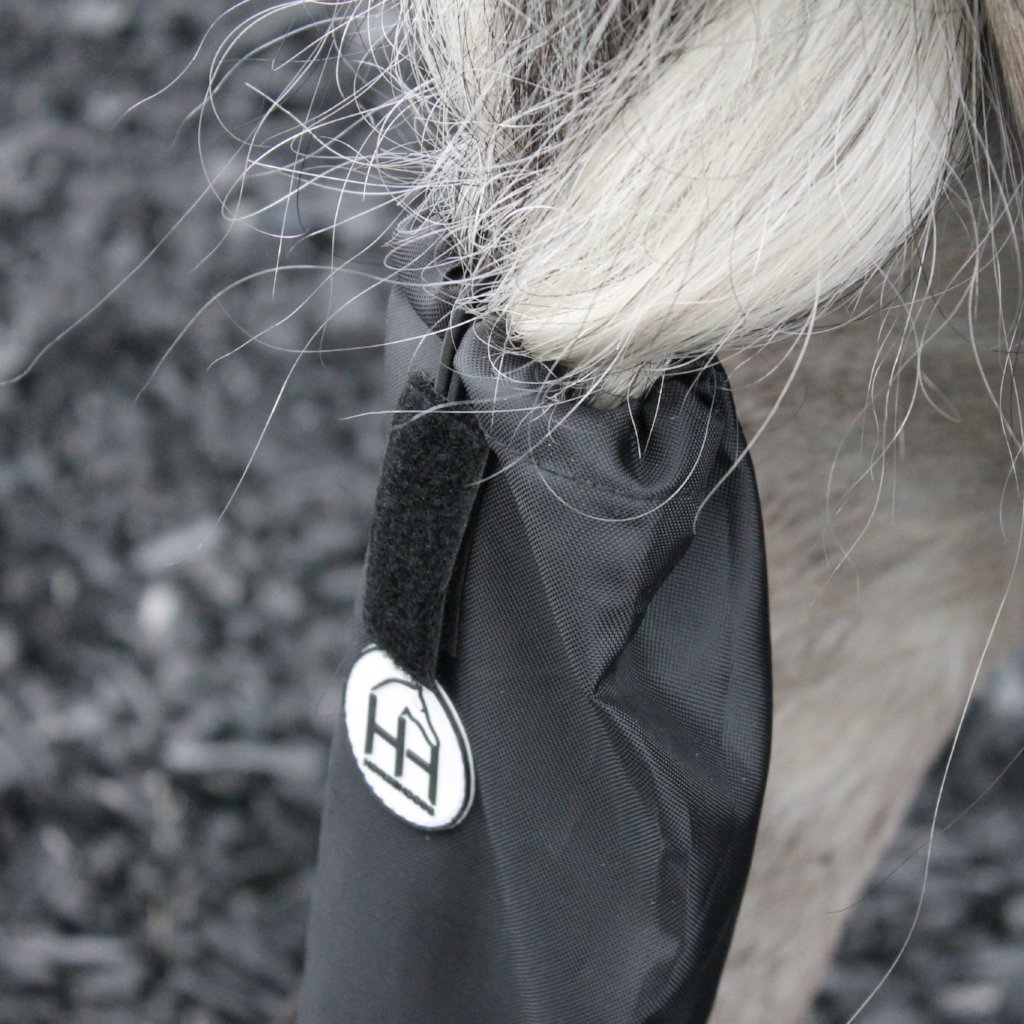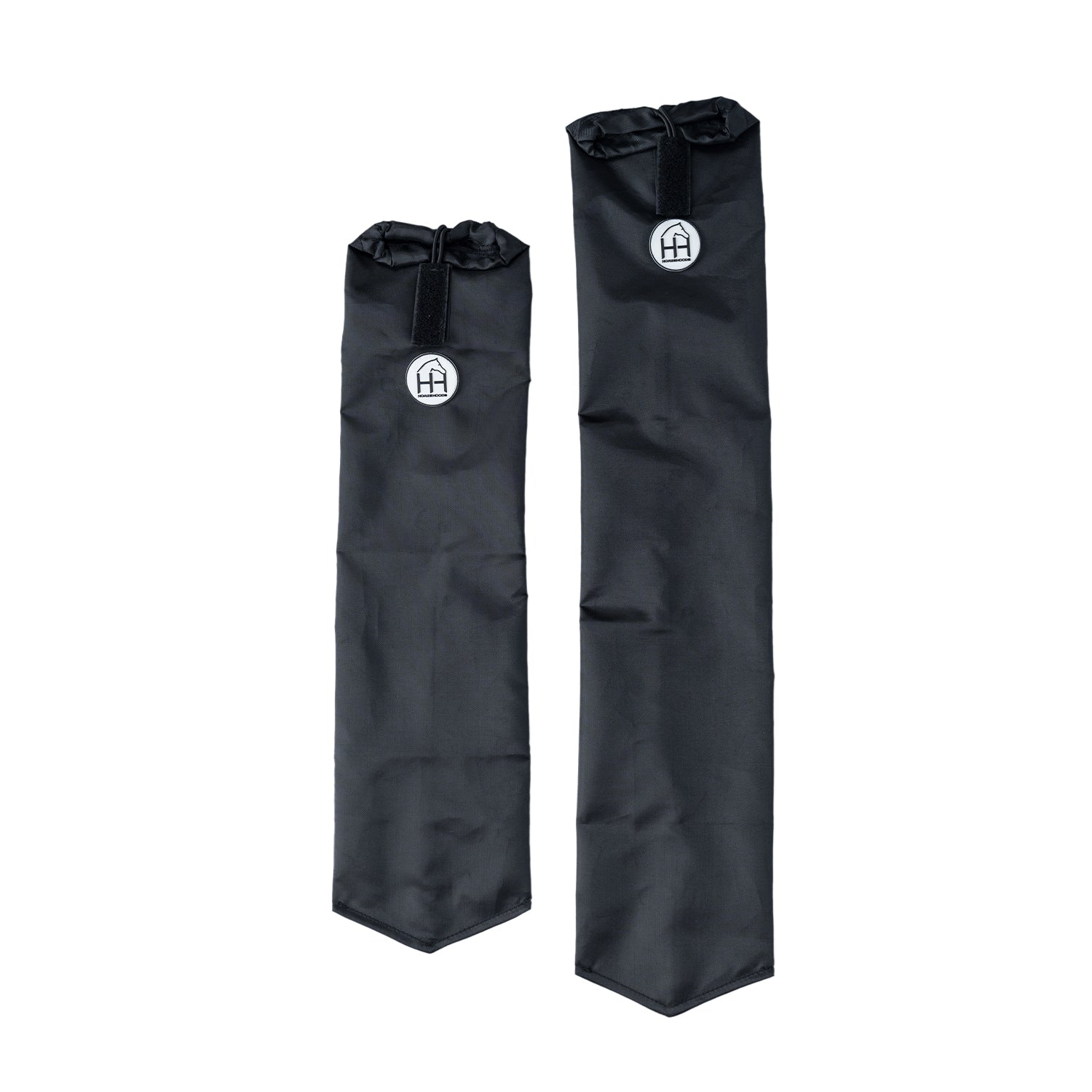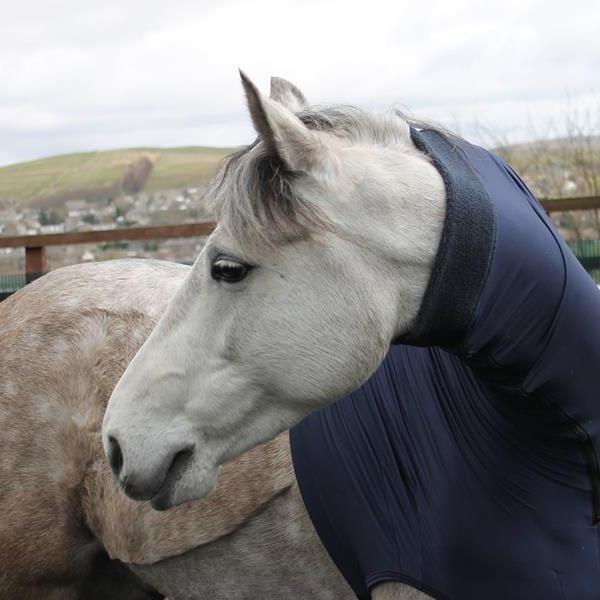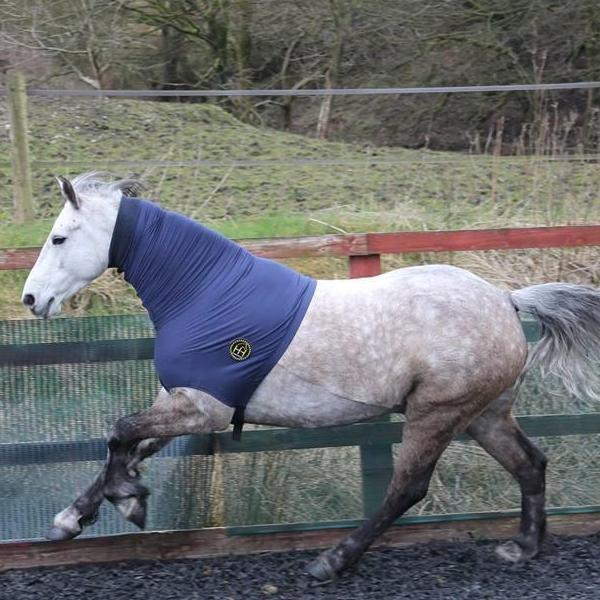The Making of the Tudor Competition Shirt
We thought it would be cool to invite you into the process of how we create our innovative products and the process and time it takes to produce pieces when your a brand that designs from scratch. We hope you enjoy the read and look forward to the release of this stunning latest piece.
Phase 1. Inspiration.
Phase 1 always stems from ideas, inspirations and themes around what we want a product or collection to develop into. As I have an overactive imagination some days my mind can pencil in many designs and creations and it ends up becoming a lot, so I always find that by using a theme for each collection it keeps my brain and imagination more focused on a particular subject, it also helps regiment and make a collection flow. For the Show Shirt and AW23 Season I have always wanted to develop fabrics and inspiration from Tudor times; I have always been blown away by Tudor fashion and the elegance of a side saddle lady. Taking inspiration from the ruffles, the neck lines, the elegant materials that frame the neck really inspired me and is something I thought would really impact on a Competition Shirt. The elegance of Dressage combined together with the shirt idea’s I wanted to create were a must. Over the course of the Tudor era, Women’s gowns went from being high-waisted to settling at the natural waist (popular in Spain at the time) and came into a V-shaped point. Fashion trends have always been cyclical, Tudor period marked not only a time of economic prosperity but also developments in the arts, notably in fashion and textiles, it has been said that Tudors were the first to inspire Haute Couture. I just love the button detailing and the popular ruff, otherwise known as a millstone collar, that evolved from the ruffle of fabric at a shirt’s neck. It was worn by women, men and children and expanded in size during the 16th century. They were often dyed different colours during a starching process that allowed them to be set into elaborate folded shapes. To hold a small purse or prayer book, women wore chain or fabric girdles at the waist. Bringing inspiration from past times and developing snippets of those garments into modern day twists combined with a sports edge and upgraded performance fabrics was the brief. I also wanted a delicate metal branding on the back of the neck. I then create a mood board for either myself or for one of the other designers. I like to combine briefs and then pass on for more input to adapt a product, I feel having the ideas and creatives from other colleagues always adds so much more to the final piece, and as I always say it is a team effort. This brief was passed to our designer Tiff as I wanted to finish our new competition pad (soon to be revealed) and I am so pleased with how she finished up the sketch to CAD.

Phase 2. The sketch & CAD.
Phase 2 is usually CAD, which is computer aided design we usually use Adobe Illustrator for this process, the sketches are usually roughly drawn out if we are feeling one of the team isn’t getting the exact vision this will usually be done in stage 1 with the mood board. By scaling out the design on CAD it helps pick out anything we feel we thought would look great vision wise that maybe is not working for a particular design. Playing with logo placements, the detailing and also any fresh logo design work we want to add into new silicone prints or woven embroidery. We find when we CAD the work we can work to scale and tailor the sizing in more depth to work alongside the particular fabrics we are using. We have to change our size boards depending on the fabrics, some fabrics have a 2 ways stretch, 4 way, or others such as cotton minimal so when designing from scratch working with the fabrics is super important when adapting to a particular design and how you want that design to fit the client.

Phase 3. The fabric choices.
Fabric choice I feel is probably the most important aspect of designs in sports wear because of the performance capabilities. Designs have to be thought through carefully for how effective they will be in a performance environment such as competing on horse back during a test. A lot of fabrics taken from Tudor times such as silks and cottons are not completely suitable for this project in their own entity. Cotton fabrics are stunning and can be very flattering, but used for the whole fabric base would simply not allow a tailored fit unless each shirt was individually tailored to each customer on a customised level, we therefore combined the two fabrics. Ladies told us in research they found having something other than a stretch base fabric on their bust area would make them feel more confident and less worried for bra or nipple show. We then thought a cotton pleat tailored low down to the chest and top of the stomach could really work well in terms of flattering or hiding any insecurities; leaving this just on the front base with a flattering curved edge. When styled correctly pleats are incredibly flattering and never go out of fashion so it seemed like a perfect combination. We then wanted the base of the shirt to be almost like a partial base layer, this ensures a more accommodating fit as you get the 4 way stretch around the base and sides working alongside the cotton pleats. Mixing elegance and modern sports takes a delicate effort so we wanted to be sure we really set the tone for this piece. Base layer fabrics are also highly functioning performance textiles when using high grade, they offer quick dry components, comfort, moulded fit and are ideal for wearing underneath Jackets.

Phase 4. Double checking the measuring.
Measuring is of course very important, as touched upon in phase 3, measuring cannot just be kept to the same size for every piece when working with different fabrics because they all offer different amounts of stretch. For this piece one of my colleagues did a survey with women, we measured 3 -4 different size UK8’s, Uk10’s, UK12’s etc etc and combine the average to create this piece. Working from averages on a 4 way stretch fabric works super well for us, we appreciate all women are different shapes and sizes and as you all know it is something we embrace here at HH. Whilst not every single design we make will suit every single rider by working on averages and measuring those averages in detail it gives a more respectable 9 out of 10 love this piece rather than a lot of returns. As this is a new product as always upon restocks we always listen to feedback and if something can be improved further no matter how fantastic it starts off we always feed this back and make the tweaks.

Phase 5. The Lab Dips.
Lab dips are one of the fun parts of creating HH pieces. A lab dip is a dyed fabric sample made to meet the colour standards of what we envision within the team for the brand. It is generally developed by our fabric manufacturers. The purpose of a lab dip is to give us an idea of what the fabric color will look like for manufacturing a specific product. We always have pantone colour books and work this to the CAD process for the manufacturing of the samples.

Phase 6. The first sample & Testing
Samples are extremely expensive. Any brand will agree, because your manufacturer is making a one off piece not from the production line and all with individual detailing they can range anything upto £500, so we always try and make sure process 1 to 5 is done in depth to avoid a sample being completely different to what we created. We are grateful to be contracted to some of the most premium manufacturing teams which does reduce any wrong sampling. The samples are an exciting phase, watching a product come from your mind, to sketch, to brief to CAD and then see it in person is fantastic, it feels good knowing a piece arrives for your brand fans that you know is unique from scratch and visioning how smart it will look on them and the confidence it will bring to their competing. We then pass samples to an array of professional riders to get their feedback. With the Show Shirt we adored the design straight from the out set and did not want to change any of the design detailing but needed more adjustments on the tailoring. This has been done over a series of months with extra tailoring added and this takes us to photo shoot phase, then launch.
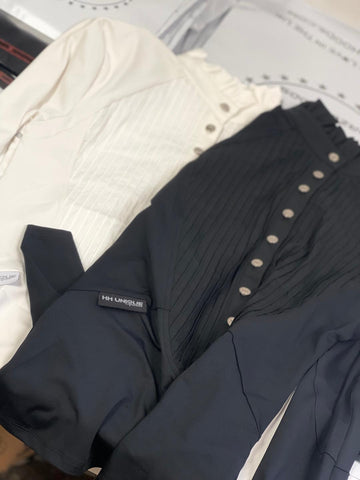
Phase 7. The finished product.
As you can see how an inspiration can be anything from buttons, fabric textiles and look to inspire a new design that doesn’t look much like the inspiration it came from, the quiet detailing and placements are what makes your creative vision adapt and grow.

Available in Vanilla and White. We have also created a Black every day Shirt as the final sampling turned out so elegant and comfy we knew an all Black every day Shirt would be wonderful to match the new AW23 Pads & Leg Wear. We also feel Base Layers are heavily liquidated in the market and can look quite repetitive, so we feel adding a Black Tudor Shirt adds a unique look to our HH Riders wardrobe. Due to the mixed elegance meets sports look they do not require any stock or shirt. You will turn up looking stunning at your next clinic or lesson.
Much Love,
Stacey & Team x
